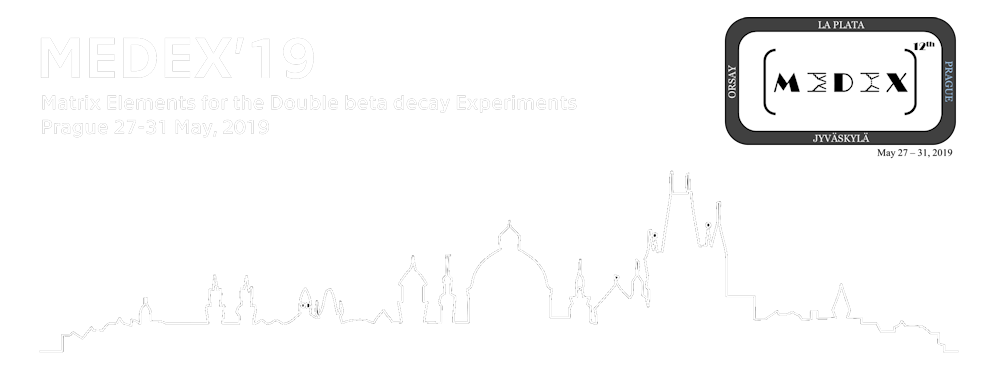Speaker
José Mariano López Castaño
(University of South Dakota)
Description
Neutrinoless double beta (0$\nu\beta\beta$) decay, forbidden for Dirac neutrinos, is one of the most promising approaches to answer the question of whether neutrinos are Majorana particles. If discovered, it can also shed light on the neutrino mass ordering, since the half-life of this process is related to the effective Majorana mass for the electron neutrino, m$_{bb}$, by the two-body space factor and the nuclear matrix element. Probing the inverted-ordering neutrino mass is a reasonable target for a ton-scale experiment to reach.
Achieving the required sensitivity requires not only a large detector, but also ultra-low background. High purity germanium detectors (HPGe) present one of the best choices to perform this measurement due to their excellent energy resolution and background rejection capabilities. The Majorana Demonstrator, located at the 4850’ level of the Sanford Underground Research Facility in South Dakota, is demonstrating that a ton-scale germanium experiment is capable of probing the 0$\nu\beta\beta$ decay in the inverted ordering mass region. The experiment uses two modular arrays of HPGe detectors, 44 kg total in mass, of which 30 kg is enriched to 88% in $^{76}$Ge. The detectors are surrounded by active and passive shielding with the most sensitive parts constructed from ultrapure materials to reduce the background. I will discuss the recent results obtained by the Majorana Demonstrator, including both the low background present in the detector and the unprecedented energy resolution achieved.

